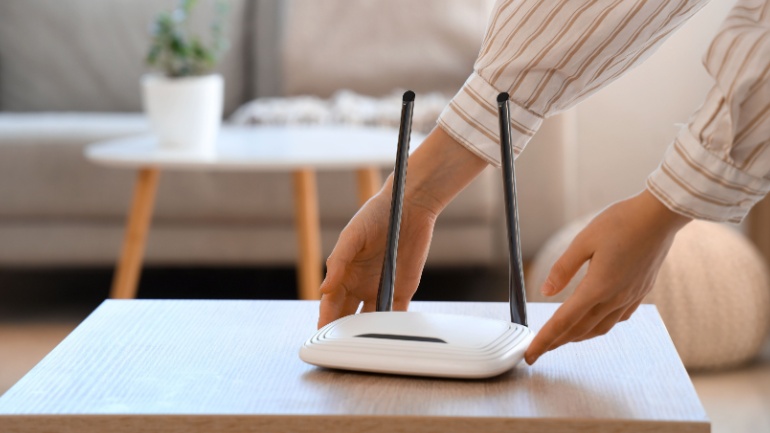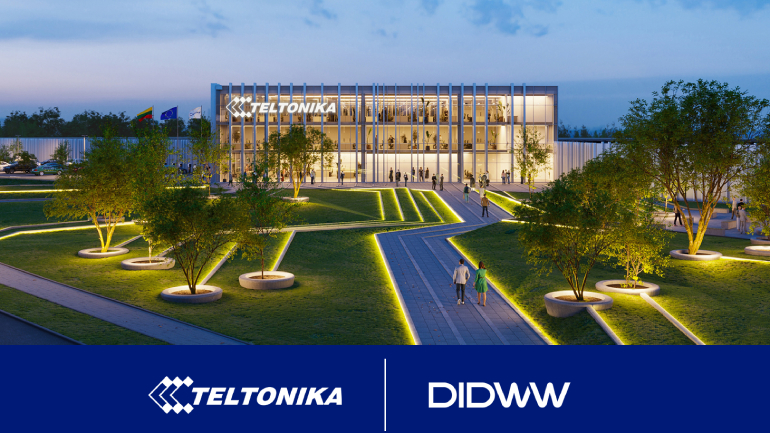Nozomi Networks has unveiled the industry’s first OT and IoT security sensor, Arc Embedded, within Mitsubishi Electric programmable logic controllers (PLCs). This innovative solution provides real-time visibility and advanced threat detection, enhancing operational resilience. By directly integrating into industrial automation equipment, Arc Embedded accelerates threat response, ensuring robust industrial security.
Boldyn Networks is set to unveil a pioneering 5G Innovation Lab at the Port of Blyth, thanks to a £500,000 investment from the North East Combined Authority’s 5G Innovation Acceleration program. The lab will offer businesses a secure, high-bandwidth environment to test smart manufacturing technologies, boosting the region’s tech landscape.
Korean tech giant Samsung Electronics has acquired Oxford Semantic Technologies, a UK-based startup specializing in advanced knowledge graph technology. This strategic move aims to enrich Samsung’s AI capabilities, enhancing user experiences across its ecosystem. By integrating this technology, Samsung plans to deliver hyper-personalized interactions through its products, including mobile devices, televisions, and home appliances.
CelcomDigi has launched its AI Experience Center, AiX, in Malaysia to drive digital solutions across various industries. Located in Subang Jaya, AiX offers interactive simulations and showcases real-world applications in sectors like healthcare and logistics. Supported by global tech giants, this initiative underscores Malaysia’s commitment to advancing 5G and AI technologies.
ARG’s AI-Enabled Communications Market Insights & Decision Guide, reveals that businesses expect AI to impact their roles. A survey by Next DLP found that 73% of security professionals used unauthorized SaaS apps. The University of Sheffield’s National 6G Radio Systems Facility aims to establish the U.K. as a leader in 6G technology. Brazil’s telecom regulator Anatel has issued 66 licenses for private 5G networks.
Dutch operators KPN, Odido, and Ziggo have secured new 5G frequencies in a recent auction. The 174.4 million euro investment ensures cutting-edge capabilities for VoIP communications, benefiting sectors like healthcare and logistics.
Singtel has announced a strategic partnership with Hitachi Digital to accelerate industrial AI solutions using Singtel’s Paragon platform. This collaboration focuses on integrating Hitachi’s AI applications with Singtel’s 5G, edge computing, and cloud services. The initiative aims to boost quality assurance, workplace safety, and pre-emptive maintenance, enhancing enterprise connectivity and productivity significantly.
DIDWW, a global telecoms operator offering premium quality VoIP communications and SIP trunking services, has announced its partnership with Teltonika, an innovative technology company specializing in GPS fleet management, wireless and networking solutions, M2M, and IoT. This initiative will equip Teltonika with a highly flexible and scalable VoIP communications solution, thereby enhancing its communication capabilities worldwide.
Our digital age thrives on devices, but discards them at an alarming rate. This “telecom waste” – phones, laptops, routers – raises ethical concerns beyond just pollution. This article explores the environmental and social issues linked to telecom waste, and proposes solutions for a more sustainable future.
A recent survey among telecom and IT engineers at communications service providers (CSPs) indicates a positive outlook on the role of artificial intelligence (AI) in enhancing network performance and driving revenue. Conducted by Ciena and Censuswide, the survey involved over 1,500 telecom professionals from 17 countries.













